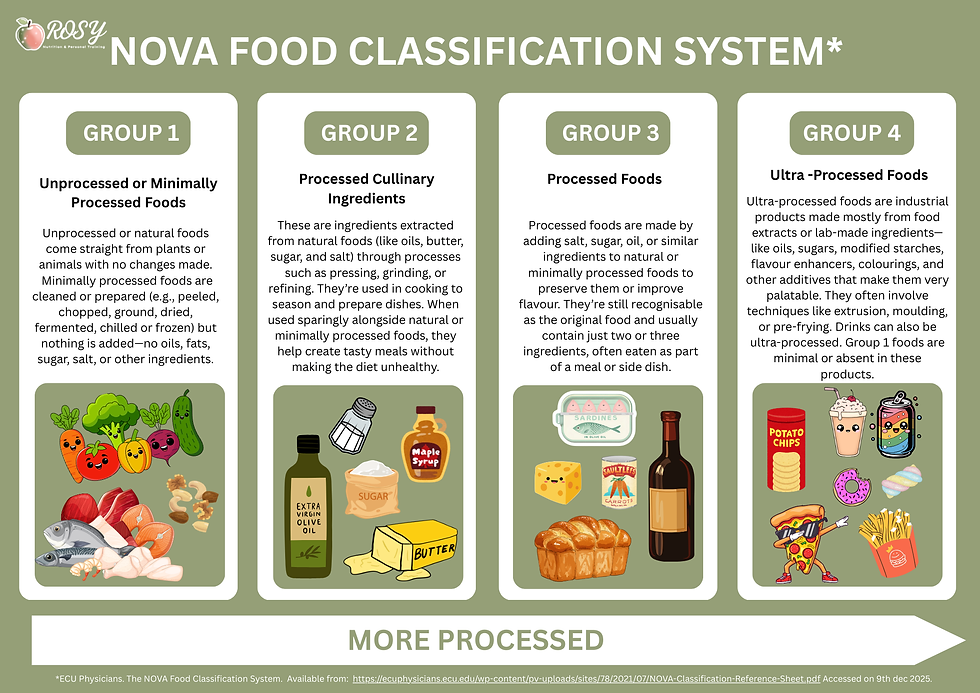Fasting and Cancer
- Nov 2, 2023
- 7 min read
When I tried Googling “fasting and cancer”, there were nearly 3 billion results – it’s obviously a very hot topic! There is increasing evidence that fasting, in various forms, may be very useful both in the prevention of chronic diseases such as cancer, as well as alongside cancer treatment. In this blog, we’ll look at the potential benefits of fasting during treatment, and explore whether there is a role for fasting once active treatment is finished.


